Michael Haley, Executive Director, Wake County Economic Development
 Michael leads and oversees WCED’s economic development program and staff and is the primary partner for providing support to the 12 other municipalities. In his role, Michael is instrumental in creating an environment in Wake County that can grow and thrive and spends most of his time with community partners working to do so.
Michael leads and oversees WCED’s economic development program and staff and is the primary partner for providing support to the 12 other municipalities. In his role, Michael is instrumental in creating an environment in Wake County that can grow and thrive and spends most of his time with community partners working to do so.
Previously, Michael served as the Director of Business Recruitment and Expansion for WCED and prior to that, he was a Program Manager at WCED. Before he joined the Chamber, Michael led strategic economic development policy efforts for the North Carolina Department of Commerce as the Director of Public Policy.
Michael is a native North Carolinian growing up in Jacksonville before earning a BA from the University of North Carolina at Chapel Hill and a MA in Public Policy from East Carolina University. He and his family are active members of the community and enjoy cheering on local teams like the Hurricanes. He is also active in his children’s sports and enjoys coaching soccer and basketball. Michael and his family enjoy calling a place like Wake County home and is dedicated to continuing to promote North Carolina as a great place to live, work, and play.
Tyson Strutzenberg, Managing Director, Asset Management, Trinity Capital Advisors
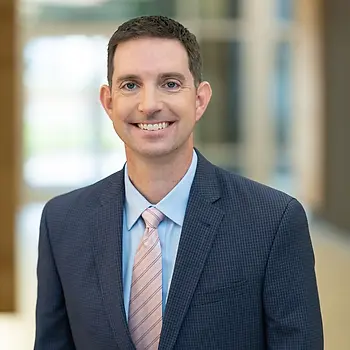 Tyson joined Trinity Capital Advisors in 2019 and is primarily responsible for oversight of the company’s investments in life science assets. In this role, he is involved from acquisition through disposition, directing and implementing due diligence, leasing, design, construction, and investment sales.
Tyson joined Trinity Capital Advisors in 2019 and is primarily responsible for oversight of the company’s investments in life science assets. In this role, he is involved from acquisition through disposition, directing and implementing due diligence, leasing, design, construction, and investment sales.
Prior to joining Trinity Capital Advisors, Tyson was COO at Rising Realty Partners, a vertically integrated developer and investor in Los Angeles. While at Rising, Tyson oversaw the company’s portfolio, executing business plans for 20 properties totaling over five million square feet (over $1.3 billion in value). Prior to that, he worked as a Managing Director in the commercial group at Kennedy Wilson. Tyson received a BS in Aeronautical Engineering from Purdue University, an MS in Aeronautics from Stanford University, and an MBA from the Anderson School of Management at UCLA. He is also a member of ULI.
Sarah Gaskill, Head of External Relations for NC, FUJIFILM Biotechnologies
 Sarah has more than 20 years of experience connecting people to people, people to resources and people to opportunities. As the Head of External Relations for FUJIFILM Diosynth Biotechnologies, Sarah is responsible for developing the strategy and programs designed to favorably represent the North Carolina operations and make positive contributions to the community. She is focused on nurturing relationships between the company and employees, external organizations, and our local community. She plays a key role in enabling leadership team members in building relationships throughout the region, while identifying opportunities for partnerships.
Sarah has more than 20 years of experience connecting people to people, people to resources and people to opportunities. As the Head of External Relations for FUJIFILM Diosynth Biotechnologies, Sarah is responsible for developing the strategy and programs designed to favorably represent the North Carolina operations and make positive contributions to the community. She is focused on nurturing relationships between the company and employees, external organizations, and our local community. She plays a key role in enabling leadership team members in building relationships throughout the region, while identifying opportunities for partnerships.
Previously, Sarah served as Director of Leadership & Talent Acquisition at Accuro, a leading global talent acquisition solutions company. As President of the Morrisville Chamber of Commerce from 2015 – 2020, Sarah developed and implemented the organization’s strategic plan, highlighting the strength and continued growth of the Morrisville business community.
Additionally, Sarah served as President of the Morrisville Innovation Foundation, building support and programming for high-growth start-ups, and led Morrisville’s economic development, recruitment, and retention efforts for Fortune 500 businesses in a range of industries including technology, health care, and pharmaceuticals. Earlier in her career, Sarah held several positions at the Greater Raleigh Chamber of Commerce.
Sarah continues to make an impact on her community and drive the Triangle region forward by staying an active and involved member in multiple organizations and associations, serving as a Board Member for the Wake County Community Foundation and the North Carolina Business Committee for Education. She was recently appointed to the Board of Trustees for William Peace University, her alma mater. Sarah also serves on the Regional Transportation Alliance Steering Committee, RTP 3.0 Advisory Committee, and Wake County Economic Development Foreign Direct Investment Committee among others. Sarah is a graduate of Peace College, Raleigh NC (now William Peace University) with a BA in Communications and a concentration in PR and Advertising. Sarah and her husband James are proud to call the Raleigh area home, love to travel and enjoy trying new restaurants around the Triangle.
Pearl Sullivan, Life Science Community Engagement Manager, NCBiotech
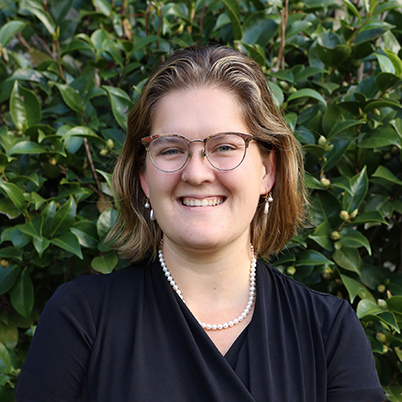 Pearl Sullivan serves as the Life Sciences Community Engagement Program Manager at the North Carolina Biotechnology Center (NCBiotech). She leads Accelerate NC, a $25 million Build Back Better Regional Challenge grant focused on raising awareness of and access to training and careers in the life sciences. In this role, she collaborates with internal and external partners to ensure that industry, education and training institutions, and talent are connected to continue creating strong workforce pathways.
Pearl Sullivan serves as the Life Sciences Community Engagement Program Manager at the North Carolina Biotechnology Center (NCBiotech). She leads Accelerate NC, a $25 million Build Back Better Regional Challenge grant focused on raising awareness of and access to training and careers in the life sciences. In this role, she collaborates with internal and external partners to ensure that industry, education and training institutions, and talent are connected to continue creating strong workforce pathways.
Pearl’s background is in economic and workforce development. Prior to joining NCBiotech, she was an economic development analyst at RTI International, working with local, state, and federal clients as they pursued strategies and programs focused on equitable place-based development and innovation.
Pearl completed her Masters in Gender, Development, and Globalisation from the London School of Economics, where her thesis focused on the impact of access to childcare on women’s labor force participation. She holds bachelor’s degrees in International and Global Studies and Spanish, with minors in economics, political science, and Latin American studies, from Elon University.





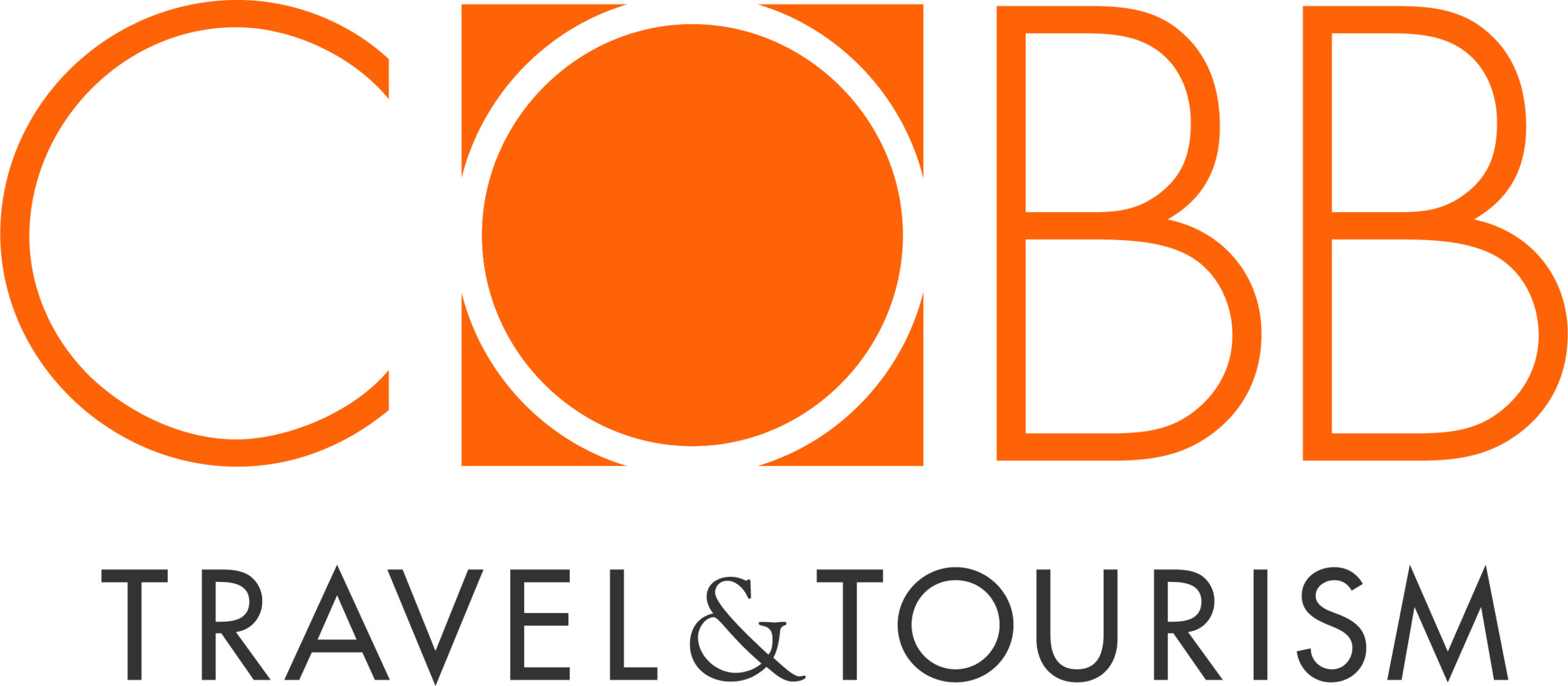



 Adrienne Cole is the president and CEO of the Raleigh Chamber and leads the Triangle’s largest business membership organization representing two-thirds of the private sector employment in Wake County.
Adrienne Cole is the president and CEO of the Raleigh Chamber and leads the Triangle’s largest business membership organization representing two-thirds of the private sector employment in Wake County.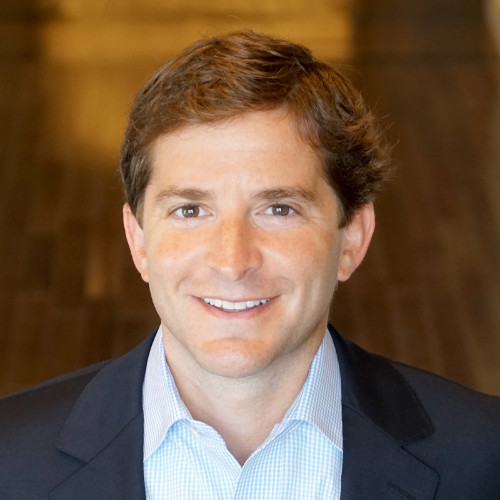 Warner is the Chief Development Officer of Kane Realty Corporation. He leads and oversees the vision, strategy, and operations of Kane Realty’s development and construction management teams. These teams primarily develop mixed-use districts with a strong focus on placemaking. Since joining KRC, Warner has been involved in the development of projects with a total capitalization exceeding $2.75 billion. He is also a member of KRC’s Investment Committee.
Warner is the Chief Development Officer of Kane Realty Corporation. He leads and oversees the vision, strategy, and operations of Kane Realty’s development and construction management teams. These teams primarily develop mixed-use districts with a strong focus on placemaking. Since joining KRC, Warner has been involved in the development of projects with a total capitalization exceeding $2.75 billion. He is also a member of KRC’s Investment Committee. Since joining Kane Realty in 2014, Kallie has risen through the ranks to her current position as Director of Development, managing mixed-use development projects throughout Raleigh from conception to completion. During her tenure, she has overseen over $1 billion in development, with projects including The Dillon in Downtown Raleigh and Peace Apartments & Publix grocery store in Downtown’s revitalized Smoky Hollow neighborhood. Her largest project to date is the North Hills Main District Expansion, which replaces underutilized retail and parking with a dense, urban redevelopment focused on outdoor space and walkability.
Since joining Kane Realty in 2014, Kallie has risen through the ranks to her current position as Director of Development, managing mixed-use development projects throughout Raleigh from conception to completion. During her tenure, she has overseen over $1 billion in development, with projects including The Dillon in Downtown Raleigh and Peace Apartments & Publix grocery store in Downtown’s revitalized Smoky Hollow neighborhood. Her largest project to date is the North Hills Main District Expansion, which replaces underutilized retail and parking with a dense, urban redevelopment focused on outdoor space and walkability. Kyle Touchstone brings over 19 years of experience in economic development and has led Raleigh Economic Development since 2021. A Mississippi native, Kyle has led economic development efforts through similar public-private partnerships throughout the Southeast U.S.
Kyle Touchstone brings over 19 years of experience in economic development and has led Raleigh Economic Development since 2021. A Mississippi native, Kyle has led economic development efforts through similar public-private partnerships throughout the Southeast U.S.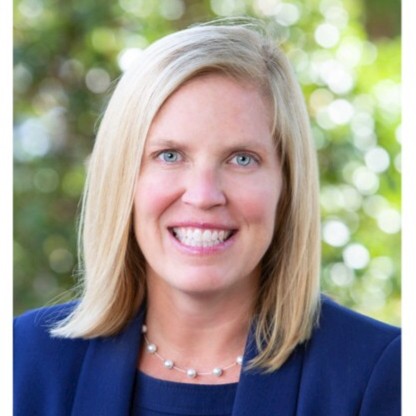 Shelley Curran is Assistant Town Manager in Cary, North Carolina, where she oversees intergovernmental relations, transportation, transit, real estate, and assists with economic development projects for the Town. Prior to joining Cary, Shelley served as the General Counsel and Vice President of Strategic Partnerships for GoTriangle and as Interim CEO. Before joining GoTriangle, she was the General Counsel and Deputy Secretary for the NC Department of Transportation and grew a successful private law practice. Shelley serves as a member of the North Carolina Board of Law Examiners and is an adjunct professor in the Duke Sanford School of Public Policy.
Shelley Curran is Assistant Town Manager in Cary, North Carolina, where she oversees intergovernmental relations, transportation, transit, real estate, and assists with economic development projects for the Town. Prior to joining Cary, Shelley served as the General Counsel and Vice President of Strategic Partnerships for GoTriangle and as Interim CEO. Before joining GoTriangle, she was the General Counsel and Deputy Secretary for the NC Department of Transportation and grew a successful private law practice. Shelley serves as a member of the North Carolina Board of Law Examiners and is an adjunct professor in the Duke Sanford School of Public Policy.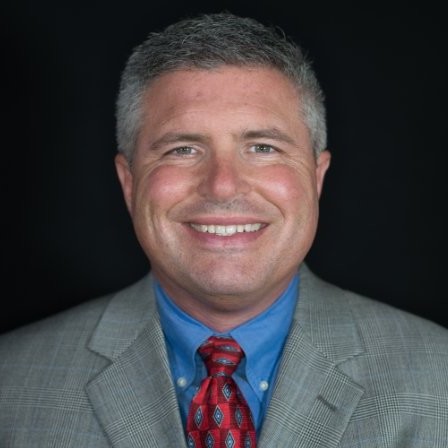 Jeff Murison has served since 2010 as the President and CEO of the Hillsborough Street Community Service Corporation, a three-mile long economic development district in Raleigh, NC, adjacent to NC State University. He also serves as Executive Director of the West Raleigh Alliance, a 3 square mile economic development district west of NC State’s campus. Combined, both districts have seen billions of dollars of public and private sector investment over the past 15 years.
Jeff Murison has served since 2010 as the President and CEO of the Hillsborough Street Community Service Corporation, a three-mile long economic development district in Raleigh, NC, adjacent to NC State University. He also serves as Executive Director of the West Raleigh Alliance, a 3 square mile economic development district west of NC State’s campus. Combined, both districts have seen billions of dollars of public and private sector investment over the past 15 years.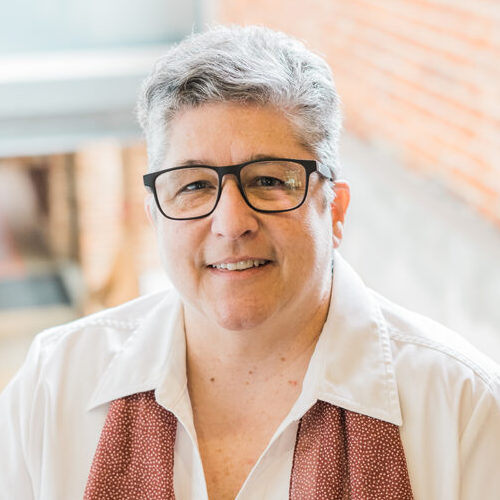 Justine Hollingshead has over thirty five years of success working as an administrator in higher education on various college campuses across the country, in addition to the business sector as well. She offers particular expertise in emergency preparedness and crisis response, event planning, training, leadership, and administration.
Justine Hollingshead has over thirty five years of success working as an administrator in higher education on various college campuses across the country, in addition to the business sector as well. She offers particular expertise in emergency preparedness and crisis response, event planning, training, leadership, and administration.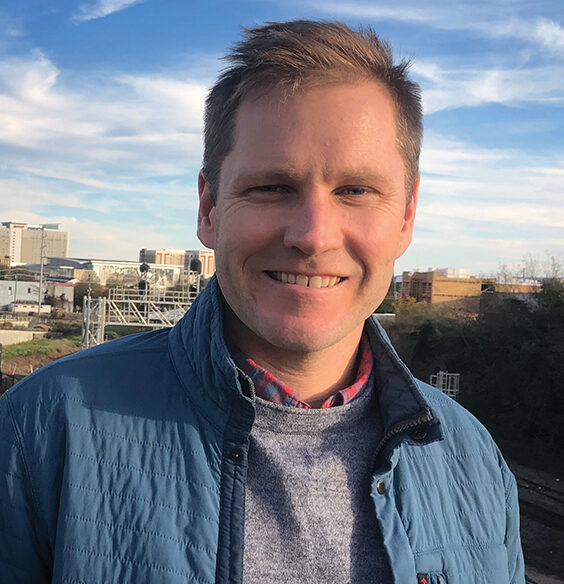 A Raleigh native, David Meeker founded Carpenter Development and partnered with Trophy Brewing in 2008. He then helped start the Commercial Brokerage Elm Partners in 2020. David owns 6 buildings in the Hillsborough St. district and his brokerage has put several exciting Tenants in other peoples buildings in the district.
A Raleigh native, David Meeker founded Carpenter Development and partnered with Trophy Brewing in 2008. He then helped start the Commercial Brokerage Elm Partners in 2020. David owns 6 buildings in the Hillsborough St. district and his brokerage has put several exciting Tenants in other peoples buildings in the district. As North Carolina State University’s associate vice chancellor for partnerships, Dr. Mark Schmidt is responsible for the university’s partnerships strategy for engaging with industry, government and nonprofit partners including the 72 partners located on Centennial Campus. Mark has been in this role since December 2020.
As North Carolina State University’s associate vice chancellor for partnerships, Dr. Mark Schmidt is responsible for the university’s partnerships strategy for engaging with industry, government and nonprofit partners including the 72 partners located on Centennial Campus. Mark has been in this role since December 2020. Geoff Bock joined NC State University in 2016 as the first employee of the North Carolina Plant Sciences Initiative (N.C. PSI), a major interdisciplinary team science endeavor which aims to address the grand challenges of agriculture and establish North Carolina as the world leader in plant sciences research and innovation. As Director of Operations, Geoff oversees all facility and administrative operations for the N.C. PSI and the state-of-the-art NC State Plant Sciences Building. Prior to coming back to NC State, of which he is an alum, he served as the Director of Marketing and Business Development at The Hamner Institutes for Health Sciences, and was also Co-Managing Director of The Hamner’s Biosciences Accelerator, an incubator for small life sciences companies. Geoff has over 20 years of experience working in various roles across academia, industry, and the non-profit sector in the agriculture, biotech, and pharma domains in both the Washington, DC area and the Research Triangle, NC. He holds Master’s degrees in Microbial Biotechnology (MMB) and Business Administration (MBA) from North Carolina State University, as well as a Bachelor’s degree in Biological Sciences from the University of Maryland.
Geoff Bock joined NC State University in 2016 as the first employee of the North Carolina Plant Sciences Initiative (N.C. PSI), a major interdisciplinary team science endeavor which aims to address the grand challenges of agriculture and establish North Carolina as the world leader in plant sciences research and innovation. As Director of Operations, Geoff oversees all facility and administrative operations for the N.C. PSI and the state-of-the-art NC State Plant Sciences Building. Prior to coming back to NC State, of which he is an alum, he served as the Director of Marketing and Business Development at The Hamner Institutes for Health Sciences, and was also Co-Managing Director of The Hamner’s Biosciences Accelerator, an incubator for small life sciences companies. Geoff has over 20 years of experience working in various roles across academia, industry, and the non-profit sector in the agriculture, biotech, and pharma domains in both the Washington, DC area and the Research Triangle, NC. He holds Master’s degrees in Microbial Biotechnology (MMB) and Business Administration (MBA) from North Carolina State University, as well as a Bachelor’s degree in Biological Sciences from the University of Maryland. Sarah works in education and extension outreach programming. She rejoins NC State after being a public high school horticulture teacher for several years and is enthusiastic about creating opportunities for students to begin to see themselves in science and agriculture through experiential learning. Sarah is also eager to meet growers and extension agents, to collaborate with interdisciplinary teams in promoting and adopting research, and to celebrate the breadth of agriculture across this state.
Sarah works in education and extension outreach programming. She rejoins NC State after being a public high school horticulture teacher for several years and is enthusiastic about creating opportunities for students to begin to see themselves in science and agriculture through experiential learning. Sarah is also eager to meet growers and extension agents, to collaborate with interdisciplinary teams in promoting and adopting research, and to celebrate the breadth of agriculture across this state. Michael leads and oversees WCED’s economic development program and staff and is the primary partner for providing support to the 12 other municipalities. In his role, Michael is instrumental in creating an environment in Wake County that can grow and thrive and spends most of his time with community partners working to do so.
Michael leads and oversees WCED’s economic development program and staff and is the primary partner for providing support to the 12 other municipalities. In his role, Michael is instrumental in creating an environment in Wake County that can grow and thrive and spends most of his time with community partners working to do so. Tyson joined Trinity Capital Advisors in 2019 and is primarily responsible for oversight of the company’s investments in life science assets. In this role, he is involved from acquisition through disposition, directing and implementing due diligence, leasing, design, construction, and investment sales.
Tyson joined Trinity Capital Advisors in 2019 and is primarily responsible for oversight of the company’s investments in life science assets. In this role, he is involved from acquisition through disposition, directing and implementing due diligence, leasing, design, construction, and investment sales. Sarah has more than 20 years of experience connecting people to people, people to resources and people to opportunities. As the Head of External Relations for FUJIFILM Diosynth Biotechnologies, Sarah is responsible for developing the strategy and programs designed to favorably represent the North Carolina operations and make positive contributions to the community. She is focused on nurturing relationships between the company and employees, external organizations, and our local community. She plays a key role in enabling leadership team members in building relationships throughout the region, while identifying opportunities for partnerships.
Sarah has more than 20 years of experience connecting people to people, people to resources and people to opportunities. As the Head of External Relations for FUJIFILM Diosynth Biotechnologies, Sarah is responsible for developing the strategy and programs designed to favorably represent the North Carolina operations and make positive contributions to the community. She is focused on nurturing relationships between the company and employees, external organizations, and our local community. She plays a key role in enabling leadership team members in building relationships throughout the region, while identifying opportunities for partnerships. Pearl Sullivan serves as the Life Sciences Community Engagement Program Manager at the North Carolina Biotechnology Center (NCBiotech). She leads Accelerate NC, a $25 million Build Back Better Regional Challenge grant focused on raising awareness of and access to training and careers in the life sciences. In this role, she collaborates with internal and external partners to ensure that industry, education and training institutions, and talent are connected to continue creating strong workforce pathways.
Pearl Sullivan serves as the Life Sciences Community Engagement Program Manager at the North Carolina Biotechnology Center (NCBiotech). She leads Accelerate NC, a $25 million Build Back Better Regional Challenge grant focused on raising awareness of and access to training and careers in the life sciences. In this role, she collaborates with internal and external partners to ensure that industry, education and training institutions, and talent are connected to continue creating strong workforce pathways.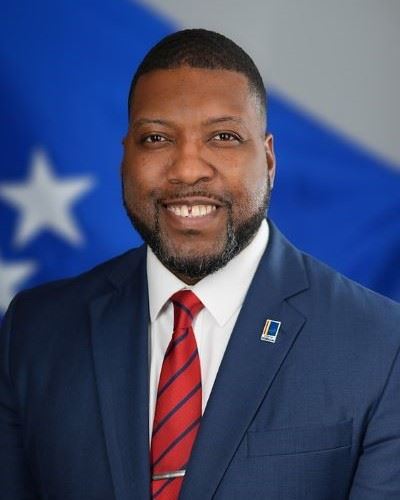 Mayor Leonardo (Leo) Williams is a former teacher and school administrator. He was elected to the Durham City Council in December 2021 and sworn in as mayor in December 2023. Mayor Williams is a proud graduate of North Carolina Central University, earning a bachelor’s degree in Music Education and a master’s degree in Educational Leadership. While attending NCCU, Leo met his wife, Zweli, and they are the proud parents of their son, Izaiah Williams.
Mayor Leonardo (Leo) Williams is a former teacher and school administrator. He was elected to the Durham City Council in December 2021 and sworn in as mayor in December 2023. Mayor Williams is a proud graduate of North Carolina Central University, earning a bachelor’s degree in Music Education and a master’s degree in Educational Leadership. While attending NCCU, Leo met his wife, Zweli, and they are the proud parents of their son, Izaiah Williams.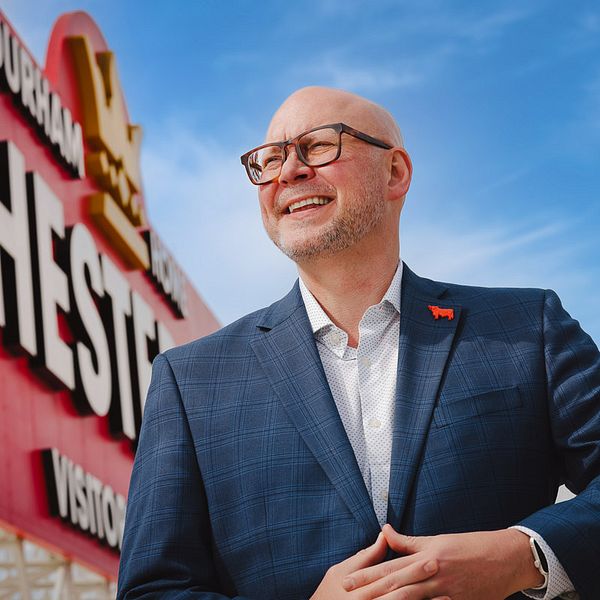 Geoff came aboard the Greater Durham Chamber of Commerce in April 2016 as the President & CEO. He works with the Chamber’s key investors and business members to help create and sustain a healthy economic climate. Through Geoff’s leadership, the Chamber engages the business community, elected officials, and regional partners in creating economic development strategies and initiatives. This collaboration fosters an innovative and inclusive business environment that generates opportunities for Durham and its residents to thrive.
Geoff came aboard the Greater Durham Chamber of Commerce in April 2016 as the President & CEO. He works with the Chamber’s key investors and business members to help create and sustain a healthy economic climate. Through Geoff’s leadership, the Chamber engages the business community, elected officials, and regional partners in creating economic development strategies and initiatives. This collaboration fosters an innovative and inclusive business environment that generates opportunities for Durham and its residents to thrive. As Director of Asset Management for CBC Real Estate, Eli oversees the revenue and performance of CBC’s operating portfolio and leads the commercial and multifamily leasing teams. Eli joined CBC in 2017 and over his tenure has executed 150+ transactions with a cumulative value exceeding $300 million at the American Tobacco Campus, a 1.2 million-square-foot, award-winning, mixed-use historic renovation project.
As Director of Asset Management for CBC Real Estate, Eli oversees the revenue and performance of CBC’s operating portfolio and leads the commercial and multifamily leasing teams. Eli joined CBC in 2017 and over his tenure has executed 150+ transactions with a cumulative value exceeding $300 million at the American Tobacco Campus, a 1.2 million-square-foot, award-winning, mixed-use historic renovation project. Bob Klaus has served as the General Manager for the Durham Performing Arts Center since 2008. Bob also serves as a Senior Consultant at Guest View since 2006, specializing in conducting guest experience surveys and secret shopper visits in various live entertainment settings. Bob has a background in entertainment management, serving in various roles at Live Nation Entertainment, Clear Channel Entertainment, SFX Entertainment, and PACE Entertainment. Klaus graduated from the University of Florida in 1986.
Bob Klaus has served as the General Manager for the Durham Performing Arts Center since 2008. Bob also serves as a Senior Consultant at Guest View since 2006, specializing in conducting guest experience surveys and secret shopper visits in various live entertainment settings. Bob has a background in entertainment management, serving in various roles at Live Nation Entertainment, Clear Channel Entertainment, SFX Entertainment, and PACE Entertainment. Klaus graduated from the University of Florida in 1986. Mike Birling joined the CBC family in 1998 as the Assistant General Manager for the Durham Bulls. He was promoted to General Manager in December 2002 and then to Vice President of Baseball Operations in November 2017.
Mike Birling joined the CBC family in 1998 as the Assistant General Manager for the Durham Bulls. He was promoted to General Manager in December 2002 and then to Vice President of Baseball Operations in November 2017. Cara Rousseau is the Chief Marketing Officer at Discover Durham, where she leads strategic marketing initiatives to promote Durham as a premier travel destination. With a deep-rooted connection to the area, Cara has dedicated her career to enhancing Durham’s visibility and appeal. Her professional journey includes roles at Duke University, the Research Triangle Foundation, and the City of Durham’s Office of Economic and Workforce Development. She holds an MBA from the University of North Carolina at Chapel Hill and an undergraduate degree in economics and political science from the same institution.
Cara Rousseau is the Chief Marketing Officer at Discover Durham, where she leads strategic marketing initiatives to promote Durham as a premier travel destination. With a deep-rooted connection to the area, Cara has dedicated her career to enhancing Durham’s visibility and appeal. Her professional journey includes roles at Duke University, the Research Triangle Foundation, and the City of Durham’s Office of Economic and Workforce Development. She holds an MBA from the University of North Carolina at Chapel Hill and an undergraduate degree in economics and political science from the same institution. Laura Zabinski is the Executive Director at American Underground, a shared workspace for innovators, creators, and changemakers in downtown Durham, NC. She is passionate about building environments where startup communities can thrive, with a focus on intentional space design and human-centric support systems. Laura began her career in the nonprofit sector, developing peer-to-peer support programs for students across the state of Minnesota, and later launched a marketing agency—an experience that sparked her love for the startup ecosystem. She now channels that passion into supporting founders and fostering inclusive entrepreneurial spaces. Laura holds a B.S. in Family Social Science from the University of Minnesota.
Laura Zabinski is the Executive Director at American Underground, a shared workspace for innovators, creators, and changemakers in downtown Durham, NC. She is passionate about building environments where startup communities can thrive, with a focus on intentional space design and human-centric support systems. Laura began her career in the nonprofit sector, developing peer-to-peer support programs for students across the state of Minnesota, and later launched a marketing agency—an experience that sparked her love for the startup ecosystem. She now channels that passion into supporting founders and fostering inclusive entrepreneurial spaces. Laura holds a B.S. in Family Social Science from the University of Minnesota. Amanda Dozier is the Strategic Growth Manager at American Underground, where she leads the sales and revenue department. She develops and executes strategies that drive growth, build partnerships, and strengthen the connection between business and community. Strategy is central to her work because she believes intentional planning is the foundation for sustainable impact and innovation.
Amanda Dozier is the Strategic Growth Manager at American Underground, where she leads the sales and revenue department. She develops and executes strategies that drive growth, build partnerships, and strengthen the connection between business and community. Strategy is central to her work because she believes intentional planning is the foundation for sustainable impact and innovation.
